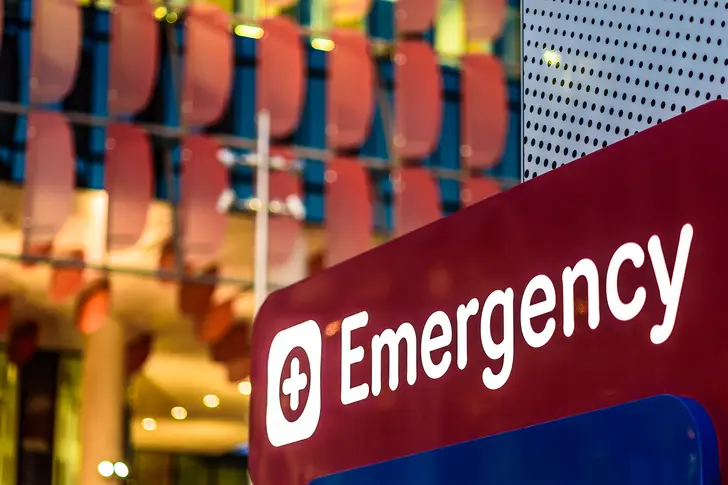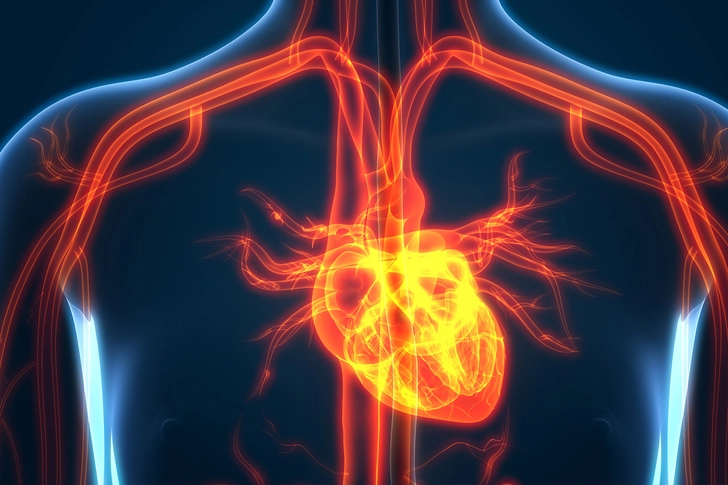Changes You'll Make After a Heart Attack



A New Chapter
A heart attack is a life-changing event. When you leave the hospital, there are a number of things you’ll need to do differently right away. Other changes, though, may not take hold for a while. Here are some of the differences you can expect and how you can make them part of your post-heart attack life.

New Medications
Your doctor will prescribe drugs -- probably several -- to help you maintain a healthy heart. Some of them control your risk of blood clots, an irregular heartbeat, cholesterol, and blood pressure. Others help you manage symptoms like chest pain. You may also need something to protect the lining of your stomach from the effects of the new pills. It’s critical to fill those prescriptions and take all your medicines on time. They are key to helping you feel better and live longer.

Sign Up for Rehab
Cardiac rehabilitation is a program designed to help people recover from a heart attack. A few times a week for about 3 months, a care team supervises as you learn to exercise safely, offers emotional support, and coaches you on your diet, controlling stress, and other lifestyle changes. It’s worth it to sign up -- studies show it helps people prevent another heart attack and live longer. If your doctor doesn’t talk to you about a rehab program, ask if there’s one you can join.

First: Take It Easy
Even though you might be eager to get back to your normal routine, be cautious and follow your doctor’s advice. Your heart needs time to heal before you return to your regular activities. Take it easy now, and you could be back to your old schedule in a few weeks.

Honor Your Emotions
A heart attack can bring up emotions that may surprise you. You might be scared, angry, depressed, or resentful. It can be hard, especially if you’re not used to thinking or talking about how you feel. But there’s no better time to make your mental health a priority. Start by finding someone to talk to, whether it’s a good friend, a therapist, or a support group. It’s especially important to speak up if your feelings keep you from sleeping or daily activities.

Make Time for Sleep
Sleep plays a key role in your body’s healing. During your recovery, a good night’s rest is more important than ever. You might also need a nap during the day until you get your strength back. Even after you’ve recovered, sleep should stay a priority. Without enough, you raise your odds for health problems, like high blood pressure and weight gain, that can lead to a heart attack.

What About Work?
You may worry whether you’ll be able to do the same job after a heart attack. That’s something your doctor will talk to you about. But most people do return to their work, anywhere from 2 weeks to 3 months later.

Watch for Warning Signs
After a heart attack, you’re at higher risk for future cardiac problems. You’ll need to learn the signs of possible trouble and know what to do. Symptoms to watch for: chest pain; tightness in your jaw, arm, or shoulder; shortness of breath; dizziness; fainting; sudden tiredness; swollen arms or legs; and nausea and vomiting.

Focus on Physical Activity
Moving your body is important even in the first weeks after a heart attack. It helps you begin to strengthen your heart again. Cardiac rehab can help you get started, but activities like biking, brisk walking, and swimming have many long-term benefits. They can help lower your cholesterol and blood pressure and keep your weight down. Working out is also a great way to control stress, another key for a healthy heart.

Stop Smoking
A heart attack may give you the biggest reason yet for quitting for good. It’s one of the most important steps you can take to heal your body. A 5-year study of people with heart disease found that those who continued to smoke were less healthy over time and had a higher risk of another heart attack. Cardiac rehab can help you learn about ways to quit, but you can ask your doctor for help, too.

Choose Good Nutrition
Think about your recovery as a chance to reinvent how you approach healthy eating. Some changes you can make: Add more fresh fruits and vegetables to your plate. Eat fish, chicken, or tofu instead of red meat. Watch out for saturated fats, salt, sugar, and fried foods. Changing what you eat can lower some of the major risk factors that can lead to heart attacks, like high cholesterol, blood pressure, and weight.
IMAGES PROVIDED BY:
1) Adam Calaitzis / Getty Images
2) Gligatron / Thinkstock
3) DragonImages / Thinkstock
4) masary78 / Getty Images
5) Chinnapong / Getty Images
6) Wavebreakmedia / Getty Images
7) fizkes / Getty Images
8) magicmine / Getty Images
9) Halfpoint / Getty Images
10) Suriyawut Suriya / Getty Images
11) gbh007 / Getty Images
SOURCES:
Cleveland Clinic: “Heart Attack Recovery and Cardiac Rehabilitation: Prevention.”
Harvard Health: “Heart Attack (Myocardial Infarction).”
Journal of the American College of Cardiology: “Smoking Is Associated With Adverse Clinical Outcomes in Patients Undergoing Revascularization With PCI or CABG.”
SecondsCount.org: “Medications after a Heart Attack.”
American Heart Association: “Heart Attack Recovery FAQs.”
Familydoctor.org: “Tips for Recovering and Staying Well after a Heart Attack.”
National Heart Foundation of Australia: “Heart Attack Recovery.”
American College of Cardiology: “Understanding Cardiac Rehabilitation.”
UpToDate: “Patient education: Heart attack recovery (Beyond the Basics).”
CDC: “How Does Sleep Affect Your Heart Health?”